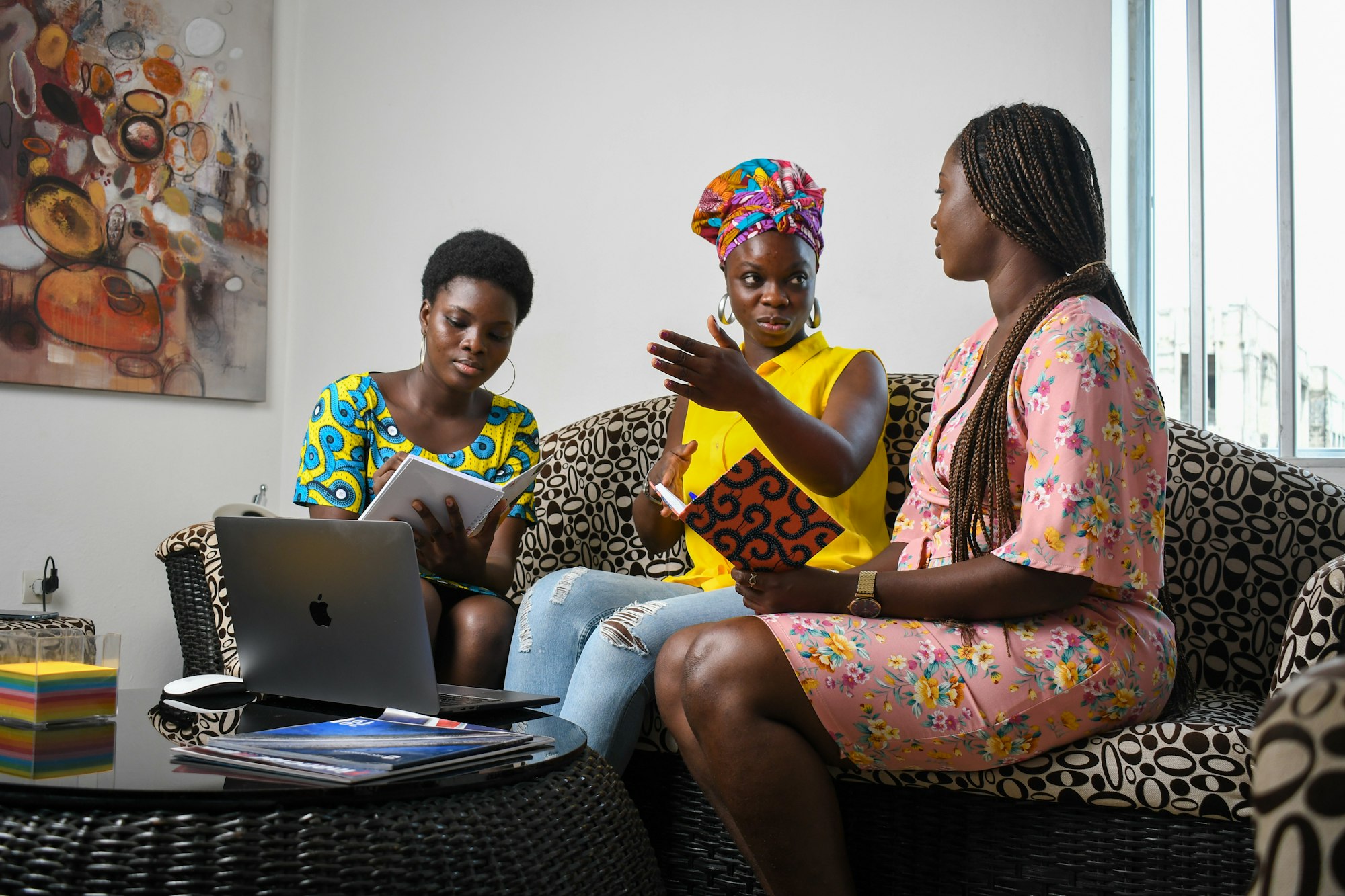CHART: Why Africa’s startup funding dropped in Q1 2025
March was one of the weakest months for African startup funding since 2020.
This year started off strong for startups in Africa, with over $300 million raised in January alone. It felt like a rebound was finally on the cards—a break from the sluggish quarters we’ve seen since late 2022.
February, however, wasn’t quite as exciting, pulling in $119 million, but it still didn’t kill the momentum. Then came March and everything slowed to a crawl.
With just $50 million raised across the continent, March became one of the weakest months for African startup funding since 2020. That slump dragged Q1 2025 total down to $460 million—making it the second-lowest quarter in five years (via Africa: The Big Deal). And while that number’s only slightly below last year’s Q1 total ($486 million), it seems we’re still stuck in a pattern of weak quarters with few breakout raises.
A big reason for March’s dip was the absence of big-ticket deals. Not a single round over $10 million was announced that month, and that absence of headline-worthy raises put a cap on the quarter’s growth.

Regionally, though, the usual suspects led the pack. Kenya, Nigeria, and South Africa each secured around $100 million with Egypt pulling in $61 million. Surprisingly, Togo cracked the top five thanks to Gozem’s $30 million Series B funding.
Meanwhile, fintech remained the most funded sector (46% of Q1 2025 totals), driven by LemFi’s $53 million and Naked’s $38 million. Energy sector followed at 18%, while logistics and transportation made up 10%.
But the gender gap in African funding remains stark: just over 2% of the money went to female CEOs — and if you remove grants, that number drops to 0.7%. Also, only 1% of capital went to solo female or all-female founding teams.
That said, 52 African startups still raised at least $1 million this quarter — matching the 2023–2024 average. So, while big rounds are missing, early-stage deals are still trickling in.
Overall, Q1 2025 wasn’t the comeback story we hoped for, but it’s also not a total freeze. A stronger Q2 and rest of the year will likely depend on larger ticket deals trickling into the region that could shift the momentum. Until then, it looks like Africa’s funding landscape, for now, is still in slow motion.









